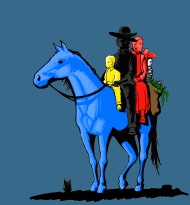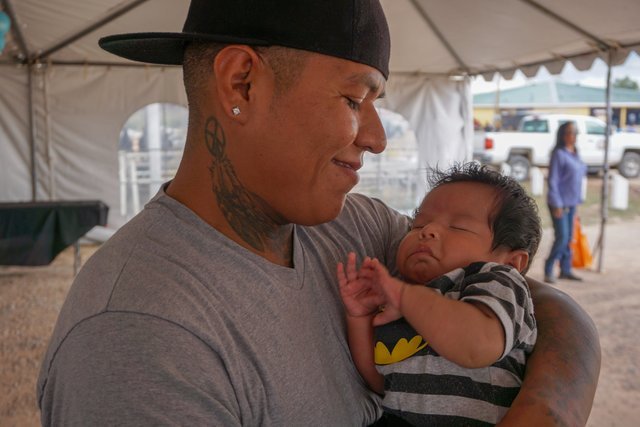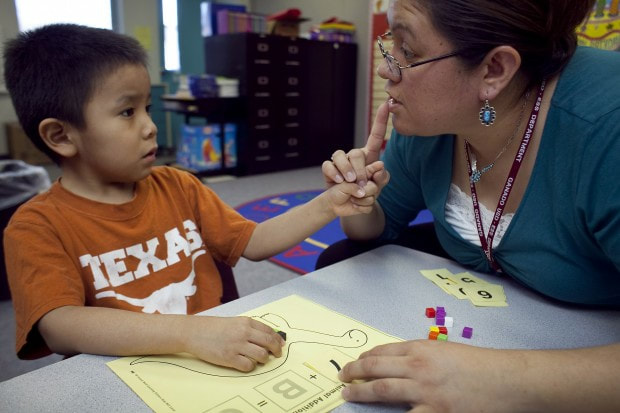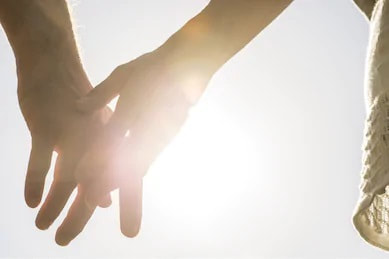AJOOBÁ AND K'É -- FOUNDATIONal principles
The traditional thought is that families are responsible for our own decision-making and planning, and that we have a duty to acquire the knowledge and skills for the family's protection, for ná bináhaazláo, completeness and comprehensiveness, and for strength of body and mind, bee yis'ah góó oodááł. This comprehensiveness has its foundation in k'é.
K'é means we are all related. Family, community, providers and schools all combine with a single wellness focus. If anyone loses sight of the focus, we are unafraid to remind them of k'é. Decisions and solutions come from the whole and are never pushed on anyone. Decisions are never made until everyone understands what the plan is and how it is put in place. Because we are related, we are unafraid to ask and listen until all have the same thorough understanding of what is being said, and the same holistic wellness goals.
It is not surprising that clarity will happen and a plan will be made. It is more surprising if confusion persists, and people judge anyone.
K'é means we are all related. Family, community, providers and schools all combine with a single wellness focus. If anyone loses sight of the focus, we are unafraid to remind them of k'é. Decisions and solutions come from the whole and are never pushed on anyone. Decisions are never made until everyone understands what the plan is and how it is put in place. Because we are related, we are unafraid to ask and listen until all have the same thorough understanding of what is being said, and the same holistic wellness goals.
It is not surprising that clarity will happen and a plan will be made. It is more surprising if confusion persists, and people judge anyone.
Family goals often need significant effort using specific knowledge and skills when children have special healthcare needs. Fulfilling the need is often immediate. Knowledge and skills are gained swiftly and as easefully as possible to achieve the positive way, hózhóójí, . We are blessed with the strengths and protections of knowing how to obtain what is needed and how to plan for wellness, sa’ah naayéé bik’eh hózhóón, sa’ah naayéé bee bikéé’náhásdlįį.
Present-day conditions on the Navajo Nation challenge families in fulfilling our traditional leadership roles. The reservation environment is rural and harsh. Our Infrastructure of water, electricity, internet connectivity and even roads are not built up. The largest reservation in the United States at 27,413 sq. miles and straddling Arizona, New Mexico and Utah, our population of over 180,000 has a 38% poverty rate and 42% unemployment rate. With our distinct language and culture, the reservation makes for an environment unique in almost every way from surrounding states in which our families are expected to go forward.
In such an environment, our proud and independent Diné families engage in an ongoing struggle to plan sustainable wellness for ourselves, to access and navigate resources, and even to support one another in circumstances that are different from surrounding states, and which call for problem-solving approaches that are specific to our needs and challenges.
In such an environment, our proud and independent Diné families engage in an ongoing struggle to plan sustainable wellness for ourselves, to access and navigate resources, and even to support one another in circumstances that are different from surrounding states, and which call for problem-solving approaches that are specific to our needs and challenges.




